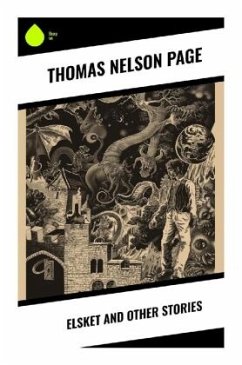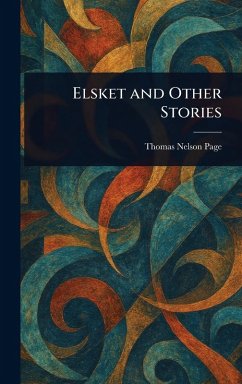
The Third Circle
Versandkostenfrei!
Versandfertig in 6-10 Tagen
7,99 €
inkl. MwSt.
Weitere Ausgaben:

PAYBACK Punkte
4 °P sammeln!
In "The Third Circle," Frank Norris delves into the complex interplay of human relationships and societal dynamics through the lens of naturalism. Set against the backdrop of the turn-of-the-century American West, the novel intricately weaves a narrative that explores the fatalistic aspects of fate, ambition, and moral decay. Norris's rich, evocative prose encapsulates the tumultuous emotions of his characters, juxtaposing their internal struggles with the harsh realities of life. This work serves as a critique of the burgeoning capitalist society of the time, illustrating how the quest for su...
In "The Third Circle," Frank Norris delves into the complex interplay of human relationships and societal dynamics through the lens of naturalism. Set against the backdrop of the turn-of-the-century American West, the novel intricately weaves a narrative that explores the fatalistic aspects of fate, ambition, and moral decay. Norris's rich, evocative prose encapsulates the tumultuous emotions of his characters, juxtaposing their internal struggles with the harsh realities of life. This work serves as a critique of the burgeoning capitalist society of the time, illustrating how the quest for success can lead to devastating consequences. Frank Norris, a prominent figure in American literature, was heavily influenced by the tenets of realism and naturalism, which aimed to depict life with unapologetic honesty. His experiences as a journalist and his deep knowledge of contemporary societal issues informed his writing, allowing him to craft narratives that resonate with the complexities of human nature. "The Third Circle," published in 1899, reflects his concern about the moral implications of progress and the foibles of human ambition, distinguishing him as a forerunner of modern American literature. Readers seeking a profound exploration of the human condition and its entanglement with societal pressures will find "The Third Circle" a compelling read. Norris's masterful storytelling not only enchants with its lyrical quality but also provokes thoughtful reflection on the darker sides of ambition and desire. This novel is indispensable for understanding the evolution of American literature and the foundational themes that continue to resonate today.













